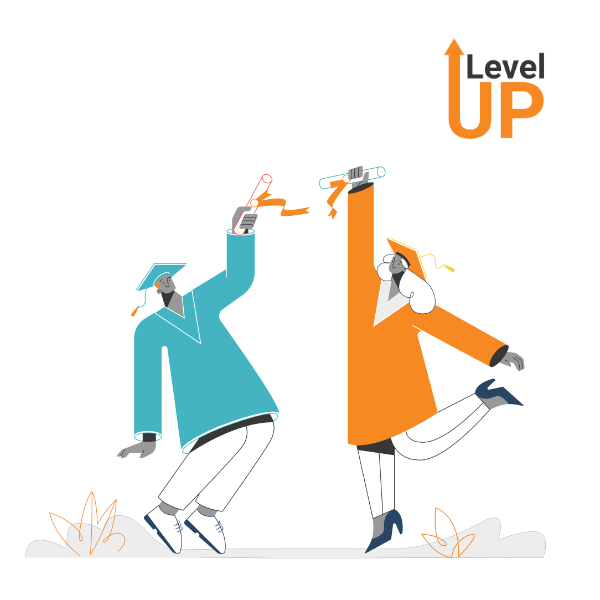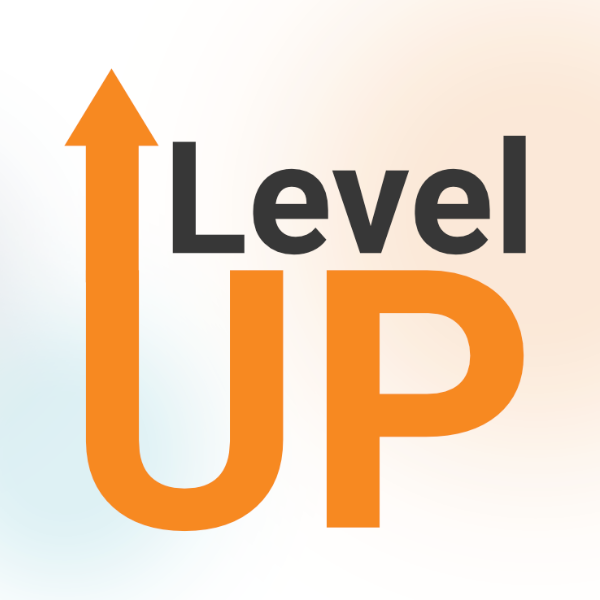- Location
- Vancouver, British Columbia, Canada
- Bio
-
👋 Hi I'm Eva (she/her), a Master of Science in Kinesiology student with a graduation date of December 2025.
🎓 Until graduation?
- I'm learning the fundamentals of kinesiology and its applications to real-world situations.
- Working on my thesis related to respiratory physiology and biological sex.
- Practicing data science and statistical analysis with R.🔭 My aspirations
- I want to drive change and make research a place that is accessible and welcoming for all. To me, this looks like advocating for marginalized groups and providing research experience for young women and girls.
- I'm passionate about data science and creating accessible knowledge for all.
- I want to continue learning technical, interpersonal, and critical thinking skills. - Portals
-
-
 Vancouver, British Columbia, Canada
Vancouver, British Columbia, Canada -
 Vancouver, British Columbia, Canada
Vancouver, British Columbia, Canada
-
- Categories
- Healthcare Biotechnology Public health Data science
Skills
Socials
Achievements
Latest feedback
Team feedback
Team feedback
Team feedback
Recent projects
Research Assistant - Remembering When - Increased Service Provision during COVID
Remembering When, an international program, proactively provides education opportunities for older adults on how to identify and eliminate fire and fall hazards in their home, how to prevent fires and falls and how to escape from a fire. The Saskatoon program also focuses on how to get up after a fall. The goal of the program is twofold: • help older adults eliminate fire and fall hazards, enabling them to age safely in their home of choice, and • connect them to helpful resources before they experience five or more fall incidents. In January 2017, the SFD started Remembering When in partnership with the Saskatoon Council on Aging (SCOA) to enhance their public education programming. Remembering When communicates primarily through group presentations, home visits and follow-up telephone calls. In addition to Remembering When’s 16 safety messages, the program uses guidelines provided by the Public Health Agency of Canada to teach people how to get up after a fall if they have not hurt themselves and how to help someone up who has not injured themselves (Canada, 2020). The goal of the project is to evaluate reasons as to why older adults have fallen 4 or more times between March 16, 2020 and December 31, 2021. One (1) student working closely with the Remembering When team The research assistants will support the research initiatives under the guidance of research faculty. Areas of inquiry include: older adults living in community, healthcare, not-for-profit organization, and private business (pharmacy). The position requires skills in writing background/literature review, development of data collection tool (quantitative and qualitative), data collection, data analysis, data display, computer skills. The project may include, but is not limited to: Phase 1: Interview tool development and interviews (January 1 - March 1, 2022) - conducting interviews and analyzing the data (transcribing and theming) Phase 2: Quantitative Research (January 2022) - data analysis Phase 3: Writing a report for Saskatoon Fire Department, Saskatchewan Health Authority and the Saskatchewan Ministry of Health (March 2022)
Research Assistant - Remembering When
Remembering When, an international program, proactively provides education opportunities for older adults on how to identify and eliminate fire and fall hazards in their home, how to prevent fires and falls and how to escape from a fire. The Saskatoon program also focuses on how to get up after a fall. The goal of the program is twofold: • help older adults eliminate fire and fall hazards, enabling them to age safely in their home of choice, and • connect them to helpful resources before they experience five or more fall incidents. In January 2017, the SFD started Remembering When in partnership with the Saskatoon Council on Aging (SCOA) to enhance their public education programming. Remembering When communicates primarily through group presentations, home visits and follow-up telephone calls. In addition to Remembering When’s 16 safety messages, the program uses guidelines provided by the Public Health Agency of Canada to teach people how to get up after a fall if they have not hurt themselves and how to help someone up who has not injured themselves (Canada, 2020). The goal of the project is to evaluate the implementation of a postcard related to fire and fall safety and medications related to falls. The postcard has been designed and will be piloted June 2021, with data collection beginning July 2021. 2 students - working as a team and in some instances, individually The research assistants will support the research initiatives under the guidance of research faculty. Areas of inquiry include: older adults living in community, healthcare, not-for-profit organization, and private business (pharmacy). The position requires skills in writing a research proposal, data collection (quantitative and qualitative), data analysis, data display, writing, computer skills. The project may include, but is not limited to: Phase 1: Literature review and proposal writing (Completed May/June 2021) Phase 2: Quantitative Research (Completed July 2021) Phase 3: Qualitative Research (Completed August 2021) Phase 4: Writing Phase (October 2021) Contributing to writing report and paper/presentation for publication.
Virtual Internship Opportunity: Computer Science
Ommaty is able to offer a virtual internship opportunity for computer science students. The primary focus for the student will be on Mobile App Development. Our app already exists, the student will understand the existing code, and work towards adding more features. These include: Messaging option Reminders or introducing notifications to our app Our goal at the end of this experience is f or the student to complete a fully functioning feature that runs well with the app.
Not -for -Profit Grant Writing
We are looking for assistance in finding and completing grant applications that support our mission and vision statement. We believe this project will include: Assist with defining a company-identified community problem and defining the scope of a corresponding project. Develop a needs statement that characterizes the community problem and justifies the need for our project and funding. Identify potential sponsors and funding opportunities that are a good fit for our organization and project. Source funding for existing programming.
